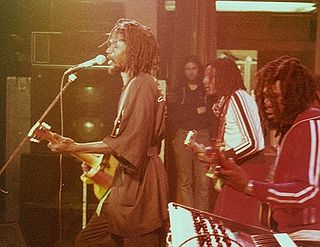A Quote by Kamala Harris
With the advent of DNA, we know that people have been convicted and sentenced to death who later proved not to be guilty of the crime.
Related Quotes
Basically, "Making a Murderer" chronicles a set of crimes committed in Wisconsin: Manitowoc, Wisconsin. The first crime is a miscarriage of justice. Steven Avery is convicted and sentenced to a very, very long prison sentence for the assault on a woman. And it comes to light through DNA evidence that he was not the assailant.
In our country, [habeas corpus ] means that if you've been sentenced and convicted in a state court, either to death or to some other kind of sentence, you have the right to petition a federal court to review what happened to you. And until [Bill] Clinton, you had three, four, five, even more years I collect records of people who have been on death row for eight, 10, 12, 14 years - this is before Clinton - who finally got a decent lawyer, usually a pro bono lawyer, and an investigator, and were able to find out - they - they're but approved that they're - that they were innocent.
That it is not enough to catch a criminal and get them convicted and so on, because the victim remains with the consequences of the crime. Something needs to be done. Let's complete that process, interact with civil society about this, so that we will specify what is it that we do in the context of that Charter that would then make this positive impact on people who might have been affected by crime.
I support the death penalty. I think that it has to be administered not only fairly, with attention to things like DNA evidence, which I think should be used in all capital cases, but also with very careful attention. If the wrong guy is put to death, then that's a double tragedy. Not only has an innocent person been executed but the real perpetrator of the crime has not been held accountable for it, and in some cases may be still at large. But I support the death penalty in the most heinous cases.

































